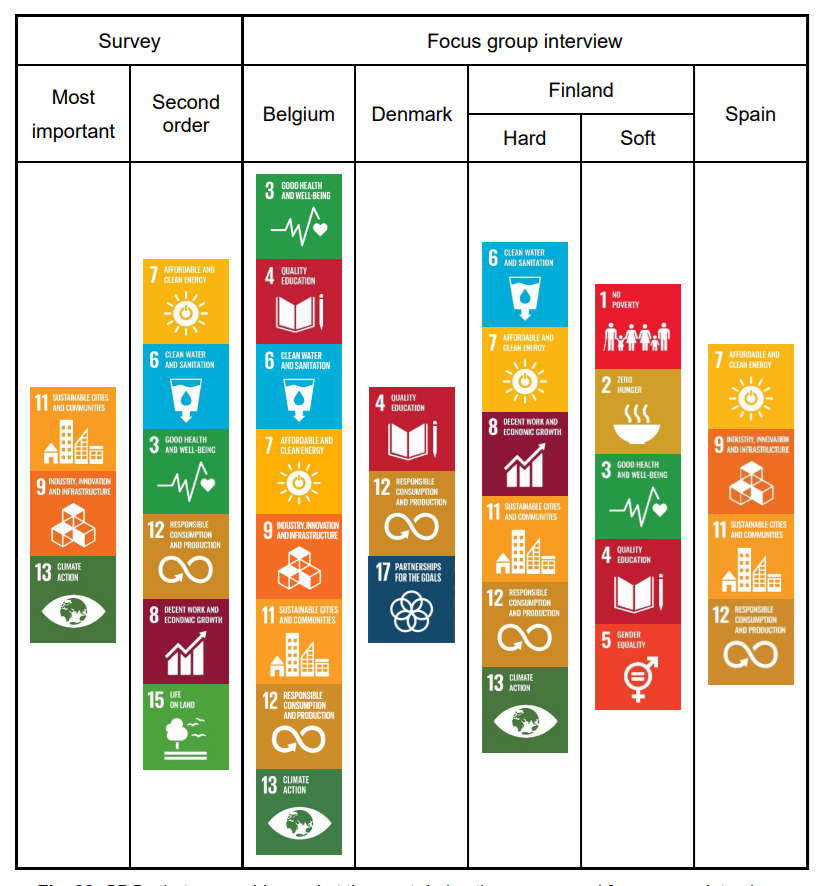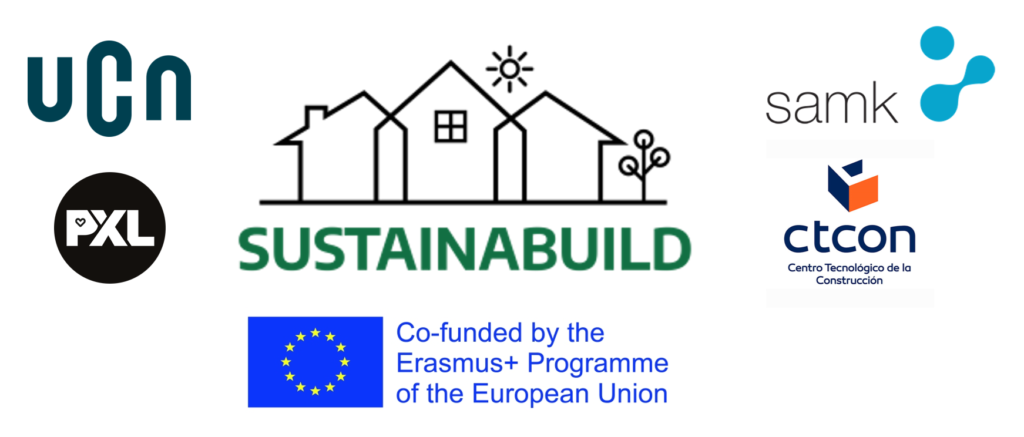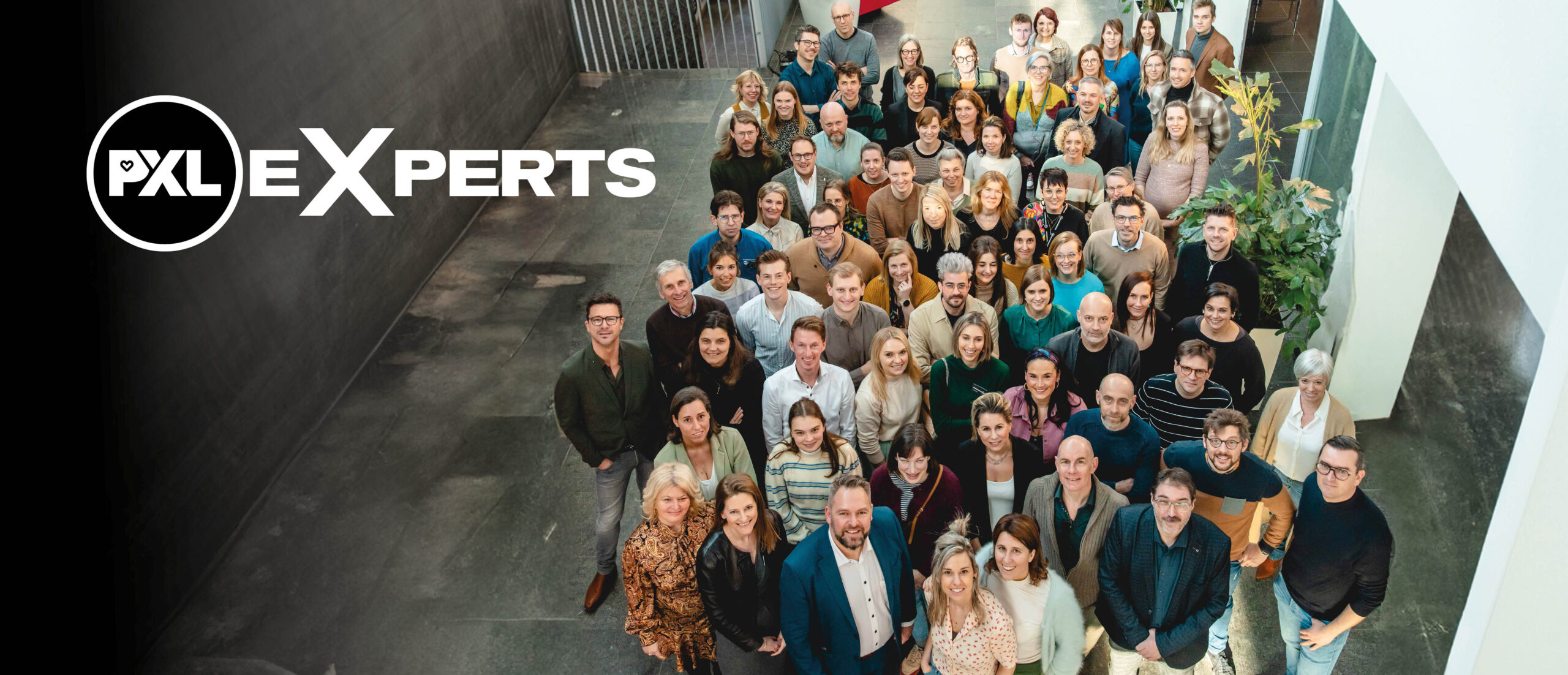
The construction industry is responsible for 40% of energy use, one-third of greenhouse gas emissions worldwide, and has one of the most significant waste streams generated within the EU. In the Sustainabuild project, PXL and three international partners develop an analytical framework, an international course and handbook to start turning the tide.
Sustainable development
The construction industry has much to give to sustainable development. Energy efficiency, carbon neutrality and waste management are essential both in the construction process and in the end products: buildings, houses, and homes. The life cycle assessment emphasizes that the building phase is not the only one to be considered when evaluating the impact of the construction on climate and nature overall. Good and thorough design, wise living, well-planned maintenance and renovation, and finally, careful demolition, reuse and circularity have significantly impacted climate and nature over the years.
Future-oriented curricula
The fight against climate change is an urgent topic on national, EU and global scenes, recognizing the crucial role of higher education institutions in contributing to the changes needed to become climate neutral by 2050. Developing competencies and future-oriented curricula that meet the needs of the academic world, companies, public bodies and citizens (the so-called ‘quadruple helix’) is highly required, as the construction industry holds great responsibility and potential for supporting this agenda. Developing green sectorial skills and future-oriented curricula is essential and prepares students, lecturers, and practitioners to become actual change factors.
Sustainabuild
In the Sustainabuild project, the higher education institutions UCN (Denmark), SAMK (Finland) and PXL (Belgium), and the Spanish research institute CTCON developed a strategic analytical framework on how to integrate United Nations’ Sustainable Development Goals (SDGs) into construction projects. The framework – based on national surveys and focus group interivews – provides insights into the current state of implementation of the SDGs in the Danish, Finnish, Belgian and Spanish construction sector. These valuable insights will now be used for developing a new international bachelor course for (construction) engineering students, and for a handbook aimed at practictioners in the construction industry.
Main observations
The full report (analytical framework) can be downloaded on the Sustainabuild website. Here are a few observations that deserve to be highlighted:
- Although there is a wide variety of documents dealing with SDGs and environmental sustainability in the construction industry, educational and dissemination materials are currently lacking.
- Any action with regard to the implementation of the SDGs in the construction industry, should be approached from both European Union and national points of view. Implementation of the SDGs should always be cost-effective and backed up by politicial support.
- In general, companies consider the implementation of the SDGs as an opportunity to reduce the environmental impact and improve the efficiency of their services.
- Currently, SDGs are not strongly focused on in the higher education curricula in the partner countries. However, professors, lecturers and teachers are committed, and most are willing to make future changes to include SDGs related to the construction industry.
- There are significant differences between the partner countries regarding the commitment of public bodies to implement SDGs in the construction industry. Denmark and Spain seem to be making great effort, whereas Belgium seems less committed.
- Citizens generally believe that government is the institution that should be involved most in implementing SDGs in the construction industry. Furthermore they think that this would improve quality of life, protection of nature and the construction sector’s reputation, although it may raise taxes.
- In addition to knowledge and hard skills, awareness and soft skills is a very important aspect to be addressed in both educational and dissemination projects.
- After reviewing the literature, the following topics were considered important for the international course to be developed:
- sustainability & life cycle assessment methods;
- digitization to promote sustainability;
- energy efficiency and low carbon footprint;
- circular construction;
- social sustainability.
- The surveys and focus group interviews showed relevant information with regard to the SDGs most frequently referred to when dealing with the construction industry (see diagram). However, respondents emphasize the importance of addressing the SDGs from a holistic point of view. Consequently, the course and handbook to be developed should follow this holistic approach, considering the implications of as many SDGs as possible.

To be continued…
Contact: philip.vanmontfort@pxl.be / https://sustainabuild-project.eu
Sustainabuild is a KA Erasmus+ project co-funded by the European Union (KA220-HED-2A679FA9).

